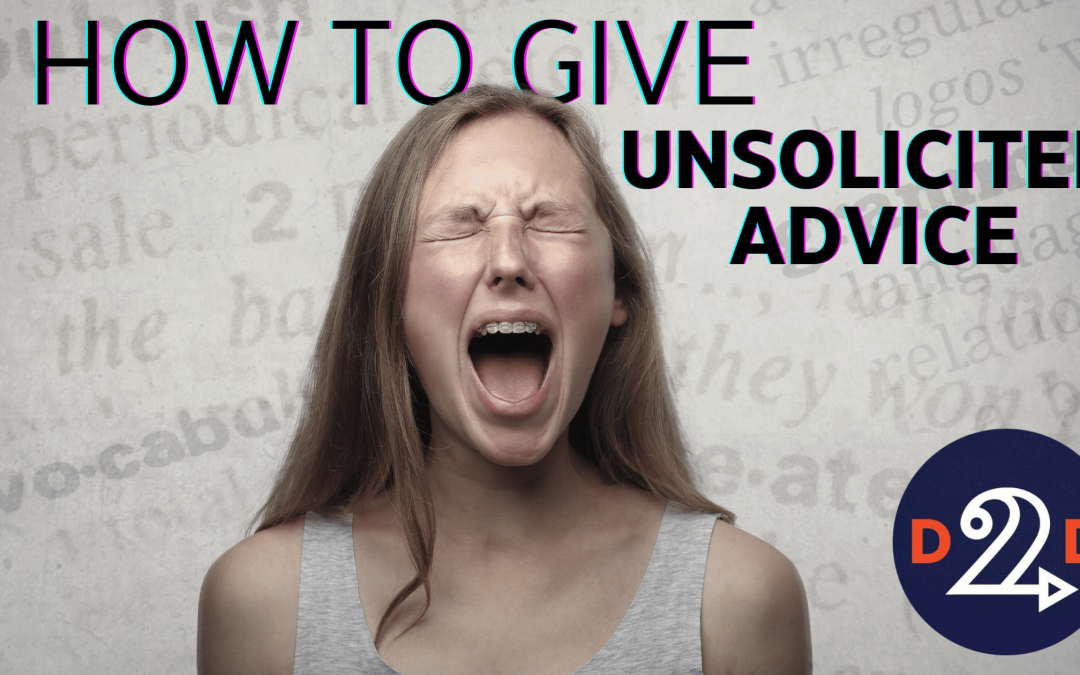“So now it’s mean spirited to tell a writer they should get an editor?”
The question is a good one, because really, we’ve been telling authors for a long while that they need to have an editor, if they can afford one. Or at least get someone you can trust to give your work a second set of eyes, to help spot problems. Use software such as ProWritingAid and Grammarly, or even just the spelling and grammar check built into Microsoft Word. I wrote an entire blog post about having an edit stack—there are a lot of ways to get your work edited for a low or no budget.
Editing is important. And if you’re reading someone’s manuscript and see they need help, it’s tempting to let them know. Especially if you’re operating at a different level. You’ve been there. You remember the negative reviews, the embarrassing grammar gaffs, the crushing existential crisis that is imposter syndrome. And you just want to help those fledgling birds make a clean exit from the nest.
But is this mean spirited?
It depends.
My official (ironically unsolicited) answer for this was, if you know this person or have any sort of relationship with them, or if they’ve specifically asked for your advice on their work, then you’re doing them a kindness. They may get offended or hurt, but you have an opportunity to smooth that over. If you know them.
But if you’re leaving an official review on their book or making some other public comment (on social media, in the comments of a blog post, anywhere that someone other than this author could read it), or you’re just dropping into their DMs or inbox unasked to tell them how bad their writing is—that’s probably mean spirited. Even if your motives are pure, you’re probably not going to get a welcome response.
At best, you might get a “thank you” from between gnashed teeth, followed by being quietly blocked or relegated to a spam folder.
Maybe that doesn’t matter. Maybe it’s better to put a little hydrogen peroxide on it at the risk of it stinging, rather than let an obvious wound go untreated. Just don’t allow yourself to fall into the trap of thinking that this author should be grateful for your magnanimous, unsolicited wisdom.
I’m not trying to make you feel bad here. I just want all of us to think about what it feels like to have someone we don’t know and don’t yet trust tell us that this very difficult thing we’ve worked hard on and accomplished is flawed. Our baby is ugly. Our painting has streaks in it. Our construction paper birthday card gets stowed in the drawer by the sink, and even though they say they liked it I know the truth, MOM.
Ahem.
Look, the instinct to help is a good one. That’s one thing that makes this writing community so great—it really is a community. We all come together because we’re all in this together. This rising tide is going to lift all boats, even if some of us have to hoist others up by their anchors.
So, what do we do when we spot something ugly in the wild? What should we say, if we see some obvious flaws in someone’s work? How do we help, without alienating the person we’re trying to lift out of the mire?
Maybe we just don’t.
The fact is, we may not be able to help at all. Every author goes on this journey under their own steam. They’re on that path to and up the mountain, and there are simply times when it’s them, not us.
We may have to let them go on their path alone, discovering the drop offs and pitfalls and low bridges all on their own and all at their own pace. Sometimes the best way to help a struggling writer is to stay silent, because speaking up can be a bucket of water on the fire within them.
But that instinct to help, we can turn that to something more productive. We don’t have to let that go to waste.
We’re writers! So… write!
Create blog posts, pen some inspirational social media. Start a podcast or spark up a YouTube channel. Start a mentorship program or an author support group and cast an open invitation to the world. Or here’s an idea… write a book.
You don’t have to push someone into the help they need. Those who realize they need the help will come looking for you (or others like you), trust me.
It’s going to feel frustrating, when you know the answers, but you can’t raise your hand. Believe me, I get that impulse. When you know, you just want to tell. You want to be helpful, be the hero! You want to do some good!
But sometimes the well-meaning advice does more damage than letting someone come to wisdom on their own time.
Channel that impulse into building something that this author may stumble across. Turn the unsolicited advice into a resource that anyone can put to use in their lives. Turn your unsolicited advice into something that others can find when they go looking for it.
